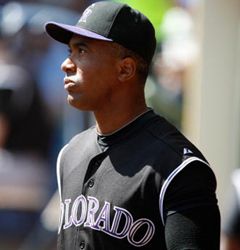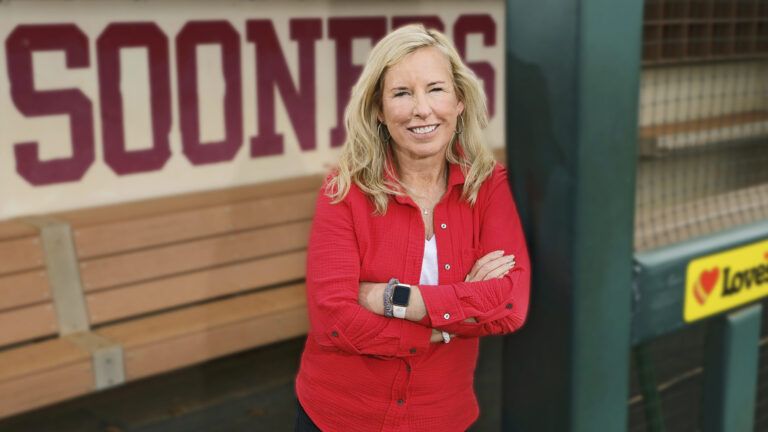One day, when Melvin Mora, the third baseman for the Colorado Rockies, was a young boy, he was walking with his dad in front of the family’s home.
Suddenly, a man approached, pulled out a gun, pointed it at Melvin’s father, and pulled the trigger. Mora’s father stumbled into the house and collapsed on a couch.
“I was six years old,” Mora recalls. “I didn’t know how to react…I saw my sister crying, so I began to cry. The thing I most remember was that he was lying on the couch. I saw blood…And then he died.”
The Moras, who lived in a gritty neighborhood in the Venezuelan town of Agua Negra, about 150 miles west of Caracas, were poor but never went hungry when Melvin’s father was alive. He worked as a trash collector and farmer and always brought food home for the family table.
But after the shooting, which was a case of mistaken identity, poverty gripped the family. It was difficult for Mora’s mother to provide for a family of six boys and four girls. Melvin was moved from relative to relative. But one thing stayed constant for him: sports.
“I was one of those kids who was always looking for a sport to play,” he says. He started boxing but more naturally gravitated toward soccer, by far the most popular sport in Venezuela. He became very good, so good, in fact, that he was named to the Venezuelan national soccer team as a teenager.
But soccer players, even extraordinary ones, did not make much money in Venezuela in the late 1980s. An athletic coach, who became something of a surrogate father to Melvin, steered him to baseball. He told the youngster that more money could be made in that sport. He was right.
Fast-forward to 2010. Mora, 38, is a two-time All-Star and just made the switch to Colorado after 10 seasons in Baltimore with the Orioles.
But for Mora, baseball is his career, his avocation; his passion is fatherhood. The man who lost his own father at the age of six now has six children of his own, including eight-year-old quintuplets.
“The most wonderful thing is to be a father,” the ballplayer says. “When you have a lovely life, and you grow up without a parent, you want to have nothing happen to your kids. You just want to be there for them.”
His wife, Gisel, says he has devoted himself to his children, to Tatiana and the quintuplets—Genesis, Rebekah, Jada Priscilla, Christian and Matthew David.
“My friends can’t believe what he does as a father,” she explains. “He often comes home from the ballpark well after midnight. But he gets up at 6:30 in the morning, makes the kids their breakfast, takes them to school, and then goes back to bed. He wants to be a part of their lives, because he knows what it’s like to not have the influence of a father.”
As a major league ballplayer, he is away for much of the spring and summer. When he’s not on the road, though, he wants to be with his children.
“A friend of mine,” Mora says, “who lost a daughter to a car accident always tells me, ‘No matter what, before your kids go to bed, give them a kiss because you never know when the last time might be when you will see them.’ So every night I have the opportunity to kiss them goodnight, I do it.”
Mora didn’t have much time as a child to develop a loving relationship with his father. He wants to be sure that Tatiana and the quintuplets have that opportunity.
“I don’t want anything back from my kids,” he says. “They love me, and that’s fine. That’s enough for me.”






